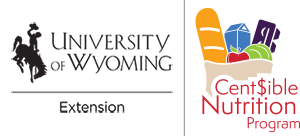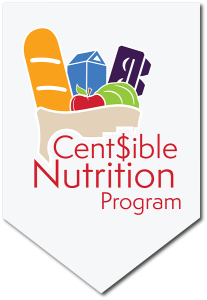The holiday season is here. It is a time for food, fun, family, and friends. Often, our health is not the first thing on our minds as we celebrate. Celebrations, however, can be healthy while still enjoying all the season has to offer. Try some of our Healthy Celebration Tips to keep you and your loved ones feeling your best this season.
Top 5 Tips for Healthy Celebrations
- Eat around the plate. Traditional holiday meals often focus on protein foods, like turkey and ham, and usually feature potatoes, rolls, stuffing, and gravy. As you plan your holiday meals, think about all 5 food groups and add fruits, vegetables, and whole grains to the table. Sautéed green beans, roasted sweet potatoes, baked apples, fruit salad, and green salad are all nice additions to traditional holiday foods. Whole-wheat rolls are an easy swap for white rolls, and whole-wheat bread works well in homemade stuffing. When picking dairy foods, look for low-fat and fat-free options.
- Keep moving. Eat together and move together. Make being active part of your celebration. Try a family game of soccer or basketball before the meal or going for a walk together after the meal. Games like charades, chair yoga, and stretching are good indoor activities.
- Snacks and munchies. Aim to make the food between meals light and healthy. Fruits and vegetables make simple, tasty snacks and can help you make half your plate fruits and vegetables throughout the day. Try making a grazing tray with sliced fruits and vegetables plus dip (hummus and yogurt dip are good options), fruit parfaits with yogurt and fruit, smoothies, or fruit kabobs.
- Portions. Traditional holiday meals are special. They include things we may not eat every day and that means sometimes we eat more than we normally would. When dishing up your plate, keep portion sizes in mind and aim to eat a balanced plate. Enjoy treats, but remember that they are sometimes foods.
- Mindful eating. As you sit down to your holiday meal, remind yourself to really enjoy the meal. Take your time to savor every bite, paying attention to taste, texture, and smell.


